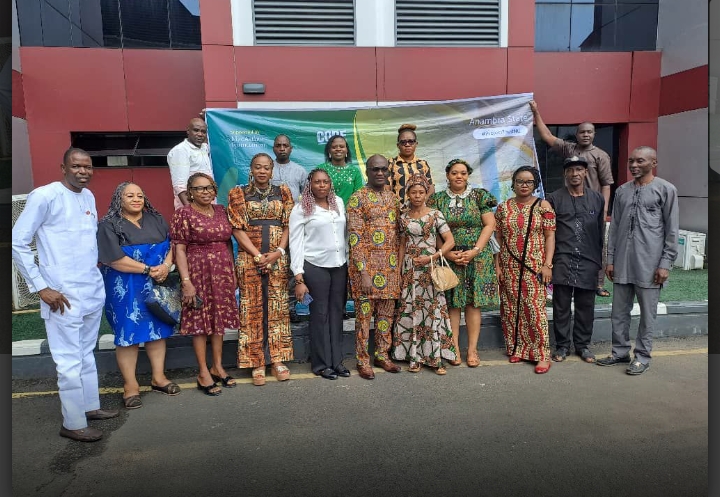Public servants in Anambra State have been called upon to take proactive steps toward restoring citizens’ trust in government institutions. This appeal was made during a recent training session in Awka, organized for officials from the state’s ministries of health, education, power, and water resources, alongside their affiliated agencies.
The event is part of the ongoing implementation of ProjectTrust, an initiative by Connected Development (CODE) supported by the MacArthur Foundation. Ujunwa Ananwude, the State Support Officer for ProjectTrust, highlighted the importance of aligning government budgets with the needs of the people, emphasizing that such alignment is crucial for rebuilding trust between the government and the populace.
Ananwude explained that ProjectTrust aims to deepen and institutionalize accountability and social inclusion systems across Nigeria. The project is structured around several key objectives: establishing a Community of Practice (CoP) to strengthen resilience, institutionalizing accountability systems developed by CODE, and fostering social inclusion by ensuring the effective implementation of the Discrimination Against Persons with Disabilities (Prohibition) Act, 2018.
She noted that the project focuses on improving service delivery in three critical sectors: health, education, and Water, Sanitation, and Hygiene (WASH). “Our goal is to help the government achieve greater efficiency in these sectors,” Ananwude stated.
Ugochi Ehiahuruike, Executive Director of the Social and Integral Development Centre (SIDEC) and a member of the ProjectTrust Community of Practice, underscored the importance of inclusive budgeting. She advocated for government budgets to reflect the needs of communities as outlined in their Charters of Demand (CCDs), documents developed with input from all community groups and submitted to the state government.
“Inclusive budgeting involves citizens in decision-making to ensure public resources benefit all segments of society,” Ehiahuruike said. “It must be clear, accessible, and foster citizen involvement to ensure accountability in budget implementation. The benefits include improved resource allocation, enhanced citizen engagement, and increased trust in government.”
Chizoba Nwabachili, a State Health Management Information System Officer, also presented during the session, stressing the role of effective monitoring and evaluation (M&E) in achieving program success. Nwabachili noted that monitoring tracks a project’s progress, while evaluation measures its success in meeting objectives, providing a systematic approach to analyzing performance and impact.
However, she pointed out several challenges in the M&E process, including inaccurate data, limited resources, organizational resistance, and a lack of synergy among different government agencies. Addressing these challenges, she argued, is essential for enhancing the effectiveness of government programs and initiatives.

